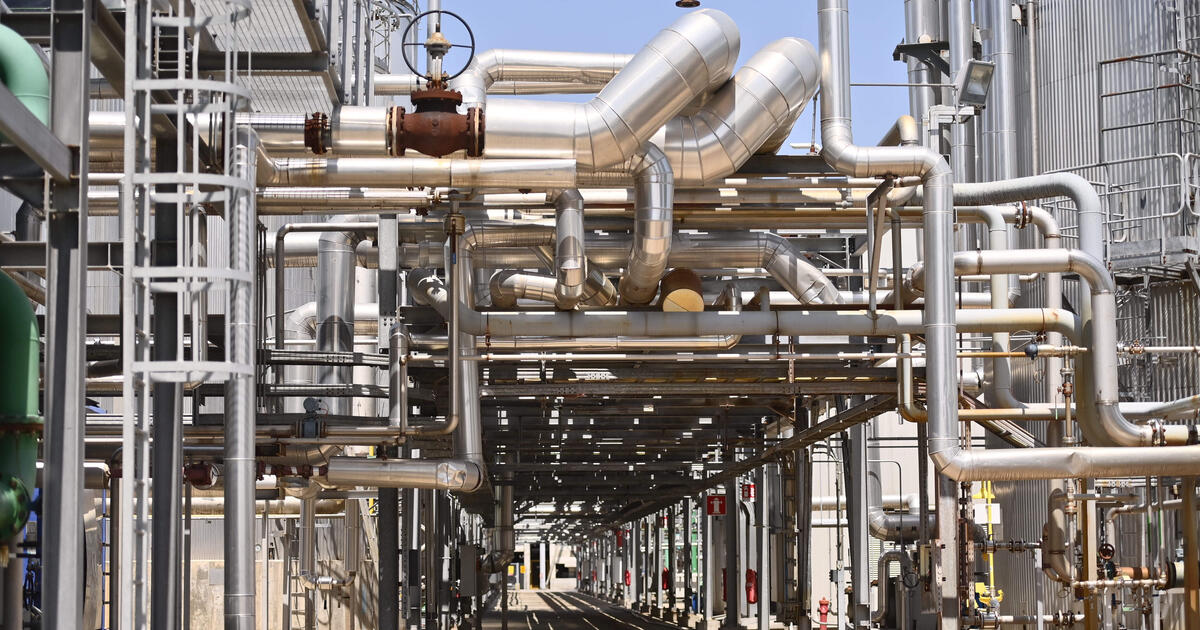Garrett Monaghan and Shani Stallard, energy experts at Pinsent Masons, were commenting after the Irish government published its renewable transport fuel policy 2025-27 (27 pages/1 MB PDF), a strategic plan to cut emissions from petrol and diesel vehicles by increasing the use of renewable fuels across the transport sector. The policy, published by the Department of Transport, is part of Ireland’s efforts to meet its national EU climate targets by 2030.
The policy includes the renewable transport fuel obligation (RTFO), a legal requirement for fuel suppliers to blend a certain percentage of renewable fuels into their products. Under the new plans, this obligation will increase every year, with aims to ensure a steady rise in the share of renewables in Ireland’s fuel mix.
The new policy sets out how Ireland will reduce the environmental impact of road, rail, and public transport by blending more biofuels and other renewable alternatives into traditional fossil fuels. It also introduces a series of reforms to accelerate the transition to cleaner transport while supporting the country’s climate action plans and the EU Renewable Energy Directive.
While electric vehicles (EVs) are central to Ireland’s long-term climate strategy, the government acknowledges that widespread EV adoption will take time. In the meantime, the government is urging the use of biofuels made from plants, waste, or residues in the vehicles already on the roads.
Monaghan said: “Using biofuels in our existing vehicles is a quick and cost-effective way to cut emissions right now. It acts as a bridge while cleaner technologies, like electric cars, are being scaled up – meaning we can start lowering transport emissions immediately without waiting for everyone to switch to electric vehicles. That said, we need to always prioritise the importance of a cohesive renewables policy across the lesser developed areas of heat and transport. The government needs to accelerate the publication and delivery of the renewable heat obligation scheme for renewable gas.”
From 2026, the RTFO will expand to include fuels used in rail transport and will also begin awarding credits for renewable electricity used to charge EVs at public charging points.
Further, the policy places a strong emphasis on advanced biofuels – those made from waste products or non-food sources – and renewable fuels of non-biological origin, such as green hydrogen and synthetic e-fuels. These ‘next generation’ fuels are seen as essential for decarbonising sectors that are harder to electrify, such as heavy goods vehicles and aviation. By 2027, a growing portion of the RTFO target must be met using these advanced fuels.
The policy comes with a detailed 19-point action plan, with deadlines between 2025 and 2027 to make sure all goals are achieved. For example, new laws will be passed in the second half of this year to enforce higher blend rates, include rail fuels in the obligation, and give credits for EV charging. There will also be support for industry guidance to improve the quality of fuel application and reduce processing delays as well as quarterly publication of performance data in a bid to ensure transparency and accountability.
